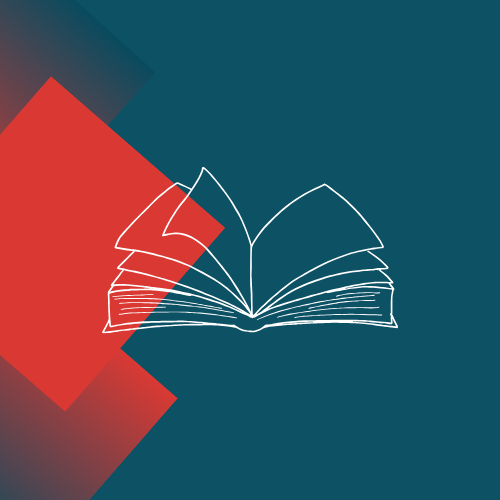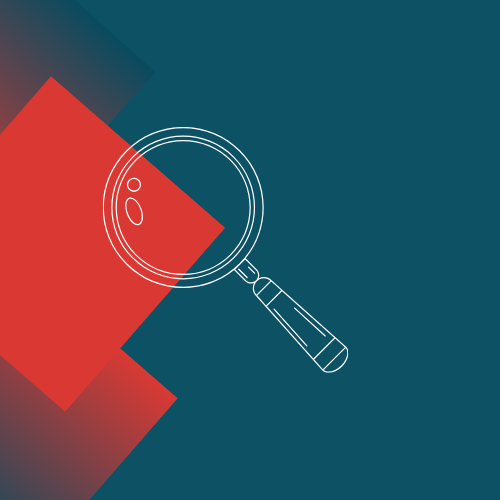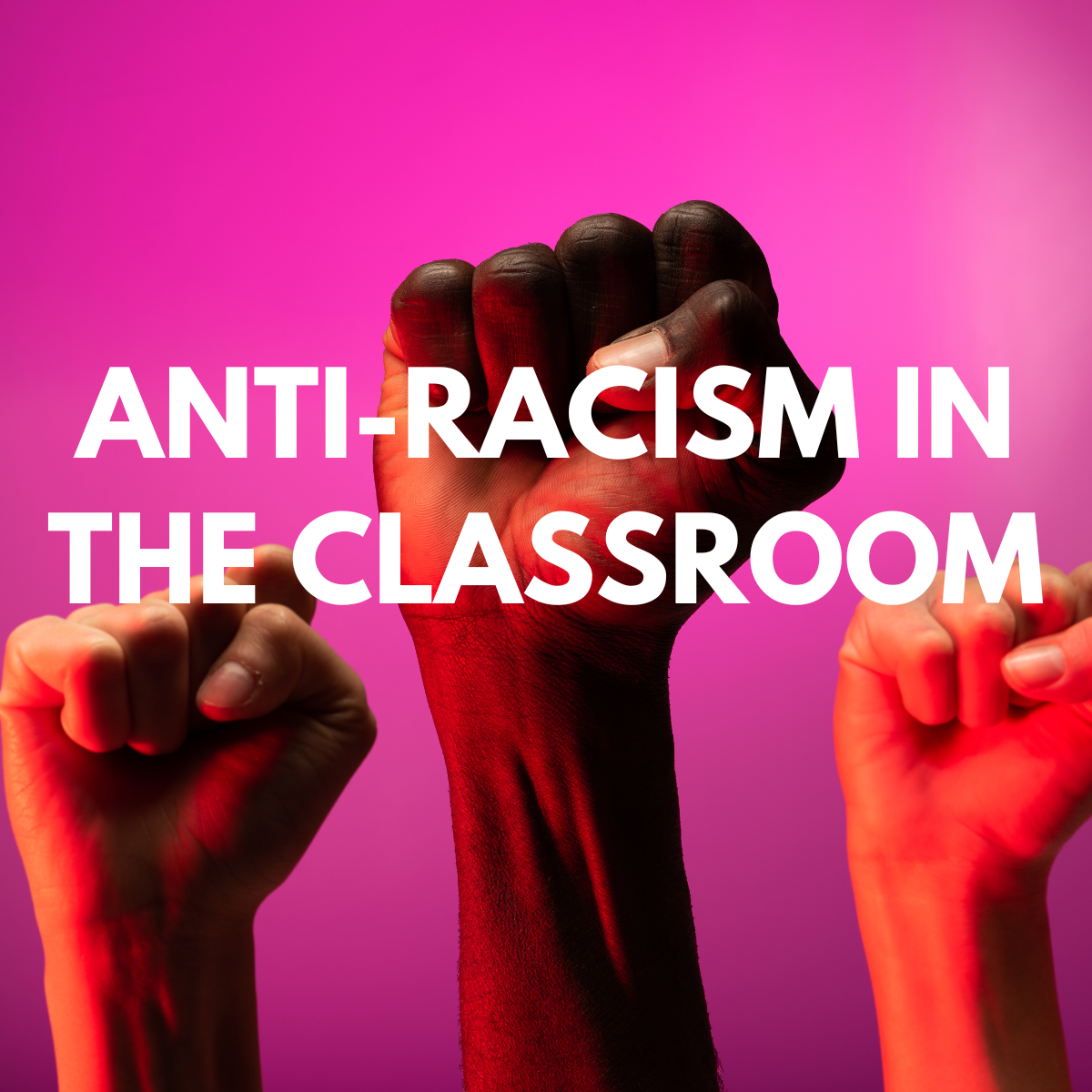
Looking for an Education and ELT Consultant who specialises in Diversity, Equity, Inclusion & Interculturality?
Hi, my name is Dr Amina Douidi. I help publishers, education providers, and curriculum designers in establishing equitable spaces where historically marginalised peoples are not harmed and are treated fairly. I promote the intentional creation of intercultural, diverse and anti-racist educational spaces through materials, pedagogy and social justice leadership.
Education and English Language Teaching (ELT) Consultancy Services

DEI Reviews
Reviewing educational resources, such as ELT textbooks, science and children's books, dictionaries, and tests from a DEI perspective requires a trained critical eye. I provide a research-informed, justice oriented evaluation of materials. My recommendations are level and market-appropriate and our work together is based on dialogue and trust.

Research and Strategy
As a trained researcher, I rely on a reflective and critical approach to identify gaps and opportunities for publishers and education providers to elevate the equity and inclusivity of their products and processes. I bring expertise in crafting DEI editorial guidelines, conducting both qualitative and quantitative research, and producing comprehensive reports.

Training & Public Speaking
I lead and facilitate discussions on racism, coloniality, and various social injustices in the field of language teaching. I try to cultivate responsible spaces, enabling participants to engage in thoughtful dialogue, challenge their perspectives, and gain a deeper understanding of these complex issues. My aim is to empower educators, materials writers, and editors, to take proactive steps in constructing equitable and just learning spaces.
Featured articles

Anti-racism in the classroom
October is Black History season in Europe and many teachers are tiptoeing around the topic of racism. Many find 'the topic' sensitive and worry to offend their students by saying or doing the wrong thing. George Floyd was murdered in broad daylight which led the world to have its racial awakening, but many of us are still whispering the word 'Black'.
We can do better than that, can't we?

Meet the DEI in ELT Consultants
With the growing number of publishers and education providers taking an official stance with regard to Diversity, Equity, and Inclusion (DEI), and committing to upholding these values in their products and practices, there is a clear need for consultants specialising in DEI in ELT/Education.
My colleagues and I would like to share with you a snapshot of the type of work we do and the values we stand for. You can reach out to us for work related to gender and sexual identities, race and ethnicity, culture and religion, disability and neurodiversity, age and socioeconomic equity, social and environmental justice, and topics prioritising the intersectionality of identities.

There has never been a moment when reading Freire that I have not remained aware of not only the sexism of the language but the way he (like other progressive Third World political leaders, intellectuals, critical thinkers like [Franz] Fanon and Memmi, etc.) constructs a phallocentric paradigm of liberation_wherein freedom and the experience of patriarchal manhood are always linked as though they are one and the same (…) But critical interrogation is not the same as dismissal.
In the 4th chapter titled Paulo Freire of her 1994 book Teaching to Transgress, Gloria Watkins - aka bell hooks - engages in a dialogue with her writing voice 'bell hooks', allowing herself a space to explore the complexity of her position with regard to the sexism of revolutionary thinkers like Paulo Freire and Franz Fanon. She takes the time to explain that despite the shortcomings of their language, her feminist and intersectional approach to liberation permits her to draw from their revolutionary contributions while remaining critical of their patriarchal standings, without dismissing them. She adds:

It seems to me that the binary opposition that is so much embedded in Western thought and language makes it nearly impossible to project a complex response. Freire's sexism is indicated by the language in his early works, notwithstanding that there is so much that remains liberatory.
It is this complexity and nuance that I strive to bring to my work, beyond Dos and Don'ts. DEI work can be uncomfortable, and justice work is even more so, but not impossible. My goal is for us to adopt a dialogic approach where you learn and I learn, where we deconstruct and co-construct without losing sight of our common goal: the preservation of the dignity of the peoples who, for far too long, have been marginalised and minoritised in an industry that claims to be all about improving the human condition.
Subscribe to my newsletter
Don't forget to confirm your email address
You can unsubscribe anytime. For more details, review our Privacy Policy below.
Thank you for subscribing!
Have a great day!
Privacy Policy
I, Dr Amina Douidi, respect your privacy and am committed to protecting your personal information. When you sign up for my (future) newsletter, I collect your email address solely for the purpose of sending you updates, relevant content, recommendations and potentially offers. I do not share or sell your information to third parties. You can unsubscribe at any time by clicking the "unsubscribe" link in my emails. Your trust is important to me, and I take privacy seriously.
